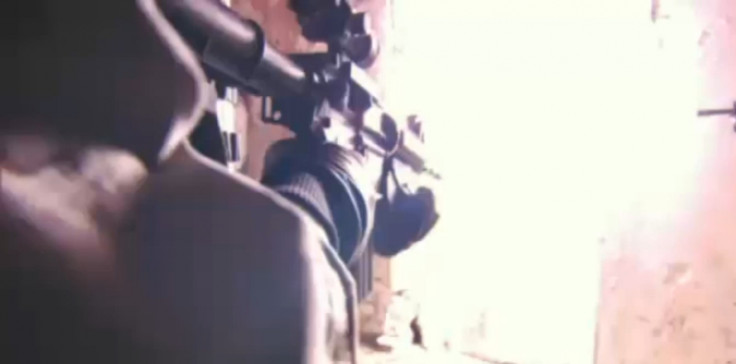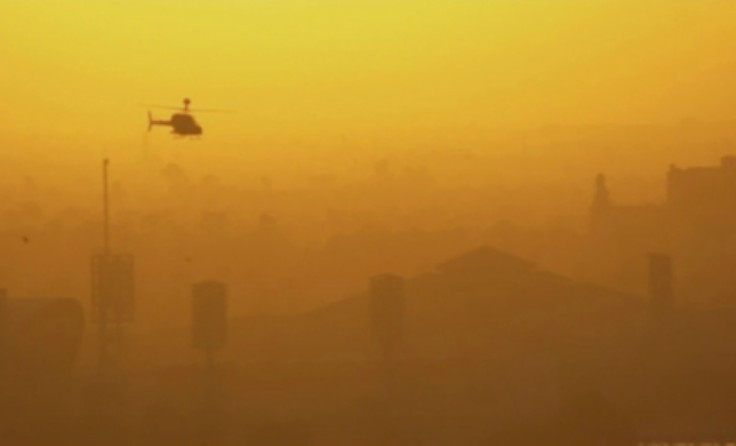Secret SAS 'Death Star' squadron killed or captured thousands of insurgents in Iraq and Afghanistan
SAS troopers admit mistakes were sometimes made in the heat of battle

Soldiers from the Special Air Service (SAS) have spoken for the first time about their role in an elite unit working from a bunker called the "Death Star" which killed or captured thousands of insurgents in both Iraq and Afghanistan.
If the guy's a threat, you're going to have to neutralise the threat
The troopers, speaking to ITV's Exposure: The Kill List (ITV1, 10.40pm 11 February) on condition of anonymity, spoke of how they used mobile phones and "real-time information" to find enemy insurgents.
The SAS combined resources with the US-led anti-terror unit Joint Special Operations Command (JSOC) two years after the invasion of Iraq in 2003. JSOC was the unit that ran the operation to kill Osama bin Laden.
Working out of a command bunker known as the Death Star, because of its high-tech equipment, SAS teams would raid homes in the hope of finding enemy combatants.

Often one raid would yield information about another target in the form of a telephone number which could be checked against information held by the US National Security Agency (NSA). This led to occasions where up to four raids a night took place, taking advantage of surprise to locate the enemy.
"There were a lot of people being killed," said one SAS soldier. "But I think it's the enemy who decided whether he wants to be killed or not. You could never shoot to wound somebody. If the guy's a threat, you're going to have to neutralise the threat. And if you've killed him in the process, that's an unfortunate consequence of that raid."
Author and journalist Mark Urban estimates that a UK special forces unit, codenamed Task Force Black, killed 350-400 insurgents and captured 3,000 in Iraq over six years.
Lieutenant-Colonel Richard Williams, a former commanding officer of 22 SAS Regiment, told the programme the Death Star's purpose was "the destruction of Al-Qaeda in Iraq and it did deliver from it quite a lot of death".
However, there seems little doubt that in the heat of battle mistakes were made. Former US Marine Corps captain and Senior Fellow at the Center for International Policy Matthew Hoh told the programme that he knew of at least one case where Iraqi tribal leaders working with the coalition were accidentally killed.
© Copyright IBTimes 2025. All rights reserved.




















